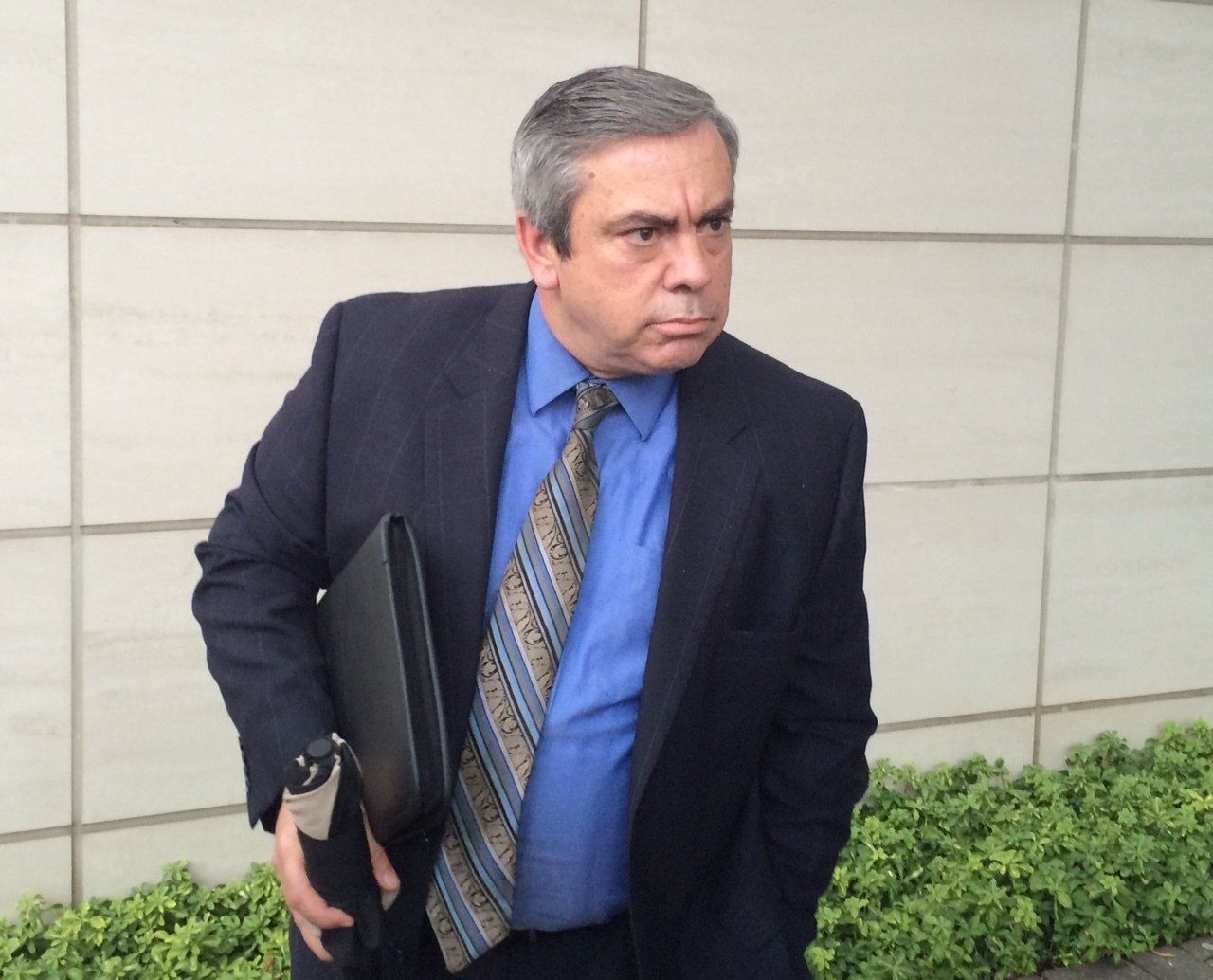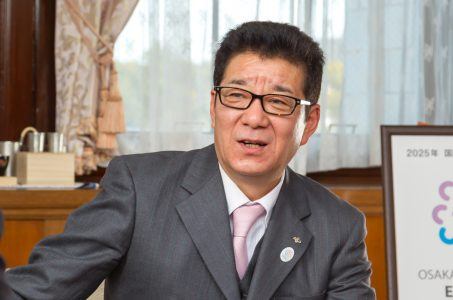Pennsylvania Casinos Could Receive Substantial Tax Credits for Local Host Share Payments
Posted on: February 20, 2017, 04:30h.
Last updated on: February 21, 2017, 08:32h.
Pennsylvania casinos are required to pay $10 million annually to their host communities, or two percent of their yearly gross gaming revenue generated from slots, according to a recent report in The Morning Call, a news site that covers the Lehigh Valley region.

No casino in the Keystone State has ever collected $500 million in a single year from slots, meaning all pay the same $10 million. Since revenue differs from one casino to the next, the Pennsylvania Supreme Court ruled last fall that the local share assessment was unconstitutional and in violation of the uniformity clause since casinos write varying checks to make up the obligation.
The high court stayed their decision for four months in September, and then pushed back their ruling’s effective date another 120 days after the General Assembly failed to find a solution. The Supreme Court recognized that many local counties rely heavily on the casino tax payments to fund their county governments. The new deadline is May 26.
One such lawmaker working on the case is State Sen. Pat Browne (R-Lehigh), whose Allentown district neighbors Sands Bethlehem, the biggest casino earner in Pennsylvania. The Republican has proposed providing certain tax credits to casinos in exchange for them continuing to pay the $10 million host fee.
“They still have to pay the $10 million, but a tax credit has the potential to offset that payment,” Browne told The Morning Call.
Paying It Forward
Browne’s proposition is one way to make sure counties like Lehigh continue to reap the benefits of hosting a casino. Half of Pennsylvania’s 12 casinos are in suburban areas, with the other six either in the Philadelphia or Pittsburgh metropolises.
Though he hasn’t formally introduced his proposition, Browne believes giving tax credits to casinos in exchange for their continued $10 million would satisfy the gaming companies, local governments, and the state. The tax credits would only be provided for casinos that are struggling, though Browne hasn’t expanded on what that might constitute.
“We’re not talking about giving tax credits to highly lucrative operations,” Browne explained. “We’re talking about the prospect of casinos not being able to survive.”
Another Day, Another Proposed Remedy
Various ideas have been suggested regarding the local share tax since the state’s Supreme Court ruling.
One idea was to simply reword the gaming statute first passed in 2006 to remove the two percent slot stipulation. But lawmakers took a different approach in trying to overhaul gambling in Pennsylvania through a massive omnibus bill.
House Bill 392, authored by Rep. George Dunbar (R-Westmoreland), is legislation with bipartisan support that seeks to legalize online daily fantasy sports and internet gambling, as well as expand gambling to include slots inside airport terminals.
The local share fee is also addressed in the bill. Instead of paying two percent of gross slot revenue, or $10 million, whichever is greater, casinos would pay 20 percent of the $50 million licensing fee they each paid upfront when they were first approved. For those not mathematically inclined, that comes out to the same $10 million.
However, since the local share amendment is tied up in a massive gambling bill, Browne wants to present other standalone statutes to make sure local towns keep getting funded.
Related News Articles
MGM Japan to Open in 2025, CEO Jim Murren Hints
Osaka Casino Up and Running by 2023 Despite Hurdles, Says Governor
Most Popular
FTC: Casino Resort Fees Must Be Included in Upfront Hotel Rates
Genovese Capo Sentenced for Illegal Gambling on Long Island
NBA Referees Expose Sports Betting Abuse Following Steve Kerr Meltdown
UPDATE: Former Resorts World & MGM Grand Prez Loses Gaming License
Most Commented
-
UPDATE: Whiskey Pete’s Casino Near Las Vegas Closes
— December 20, 2024 — 32 Comments -
Caesars Virginia in Danville Now Accepting Hotel Room Reservations
— November 27, 2024 — 9 Comments -
UPDATE: Former Resorts World & MGM Grand Prez Loses Gaming License
— December 19, 2024 — 8 Comments -
FTC: Casino Resort Fees Must Be Included in Upfront Hotel Rates
— December 17, 2024 — 7 Comments
















No comments yet